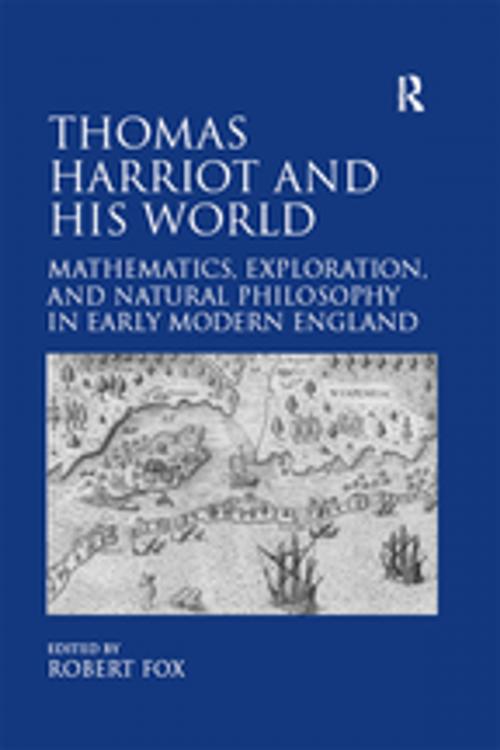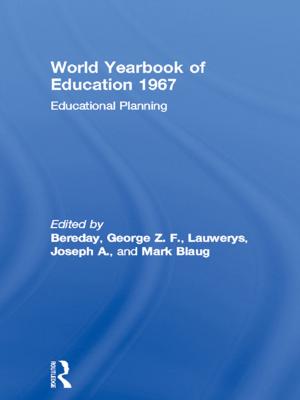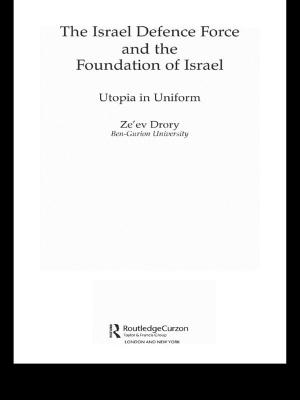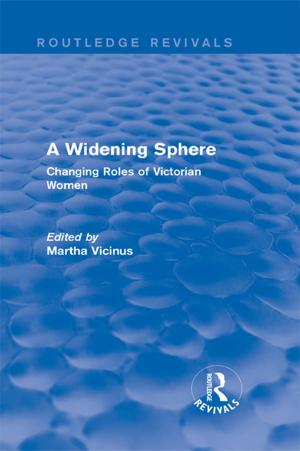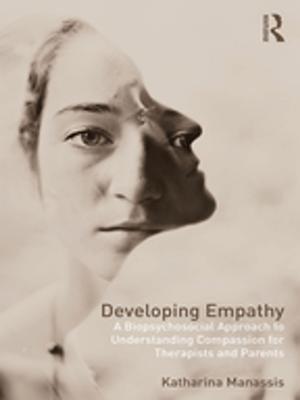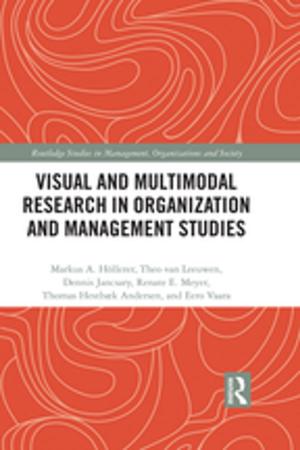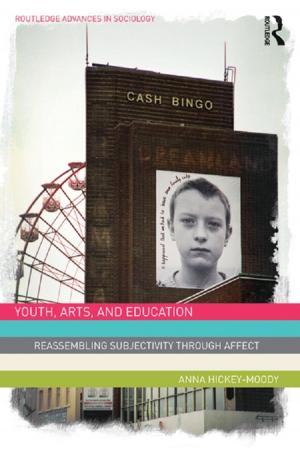Thomas Harriot and His World
Mathematics, Exploration, and Natural Philosophy in Early Modern England
Nonfiction, History, Modern, 17th Century| Author: | ISBN: | 9781351879194 | |
| Publisher: | Taylor and Francis | Publication: | December 5, 2016 |
| Imprint: | Routledge | Language: | English |
| Author: | |
| ISBN: | 9781351879194 |
| Publisher: | Taylor and Francis |
| Publication: | December 5, 2016 |
| Imprint: | Routledge |
| Language: | English |
This second volume of papers on Thomas Harriot edited by Professor Robert Fox is based on the annual Harriot lectures delivered at Oriel College, Oxford between 2000 and 2009. It complements the previous volume, published as Thomas Harriot: An Elizabethan Man of Science in 2000. The focus in several of the papers is on Harriot's outstanding achievements as a mathematician; others consider why he has never received the recognition accorded to his great contemporary, Galileo; others again examine his association with his entrepreneurial patron Walter Ralegh and his contributions to the intensely practical world of exploration and seamanship, as exemplified in his voyage to the coast of present-day North Carolina in 1585. The volume adds significantly to our understanding of a true Renaissance man who wrote accomplished Latin, earned the respect of Europe's leading mathematicians and astronomers, and moved easily in circles close to the English court and whose 'Brief and true report of the new found land of Virginia' (1588) was the first detailed description of America to be published in the English language.
This second volume of papers on Thomas Harriot edited by Professor Robert Fox is based on the annual Harriot lectures delivered at Oriel College, Oxford between 2000 and 2009. It complements the previous volume, published as Thomas Harriot: An Elizabethan Man of Science in 2000. The focus in several of the papers is on Harriot's outstanding achievements as a mathematician; others consider why he has never received the recognition accorded to his great contemporary, Galileo; others again examine his association with his entrepreneurial patron Walter Ralegh and his contributions to the intensely practical world of exploration and seamanship, as exemplified in his voyage to the coast of present-day North Carolina in 1585. The volume adds significantly to our understanding of a true Renaissance man who wrote accomplished Latin, earned the respect of Europe's leading mathematicians and astronomers, and moved easily in circles close to the English court and whose 'Brief and true report of the new found land of Virginia' (1588) was the first detailed description of America to be published in the English language.
